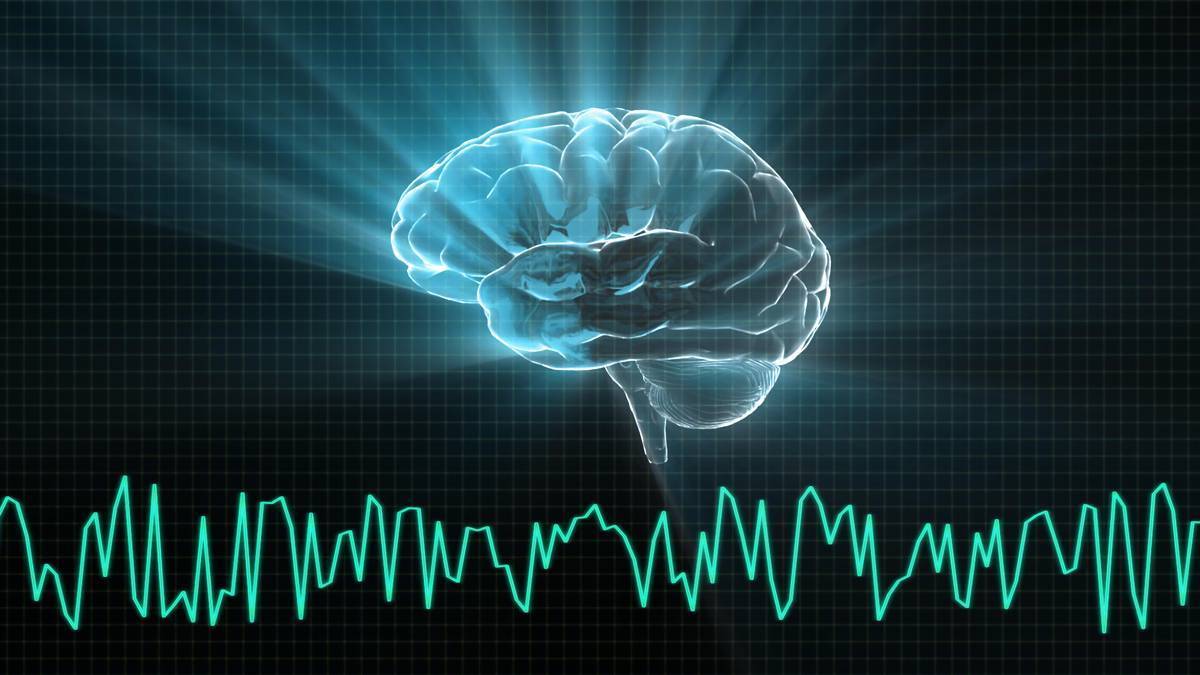Alcoholic Personality and Alpha-Theta Brainwave Training

Date: (Thursday, November 30, 1989)
Medical Psychotherapy, 1990, Volume 3, pp.37-55
Peniston, EG, Kulkosky, PJ, VA Hospital
The MCMI (Millon Clinical Multiaxial Inventory) and the Sixteen Personality Factor Questionnaire (16PF) were employed to assess personality differences and changes among chronic alcoholics and nonalcoholic controls prior to and after either traditional medical treatment or alpha-theta brainwave training of the alcoholics. On the MCMI prior to treatment, both groups of alcoholics showed significantly higher scores than non-alcoholics on scales measuring factors labeled schizoid, avoidant, passive-aggression, drug abuse, alcohol abuse, anxiety, and dysthymia.
Administration of EEG alpha-theta brainwave treatment was accompanied by significant decreases in MCMI scales labeled schizoid, avoidant, passive aggression, schizotypal, borderline, paranoid, anxiety, somatoform, dysthymia, alcohol abuse, psychotic thinking, and psychotic delusion. Alcoholics receiving standard medical treatment showed significant decreases only in two MCMI scales, avoidant and psychotic thinking, and an increase in on scale – compulsive. On the 16 PF prior to treatment, both groups of alcoholics were significantly more affected by feelings, submissive, shy, apprehensive, and tense.
EEG alpha-theta brainwave treatment corresponded to significant increases in warmth, abstract thinking, stability, conscientiousness, boldness, imaginativeness, and self-control. Alcoholics receiving traditional medical treatment showed only a significant increase in concrete-thinking. These personality differences and changes in alcoholics are comparable to those previously reported with these instruments and provide confirmatory evidence that the application of alpha-theta brainwave treatment produces fundamental changes in alcoholic personality variables.
These changes may underlie the sustained prevention of relapse and the absence of increases in beta-endorphin levels in alcoholics receiving prolonged alpha-theta brainwave training (Peniston and Kulkosky, 1989)




